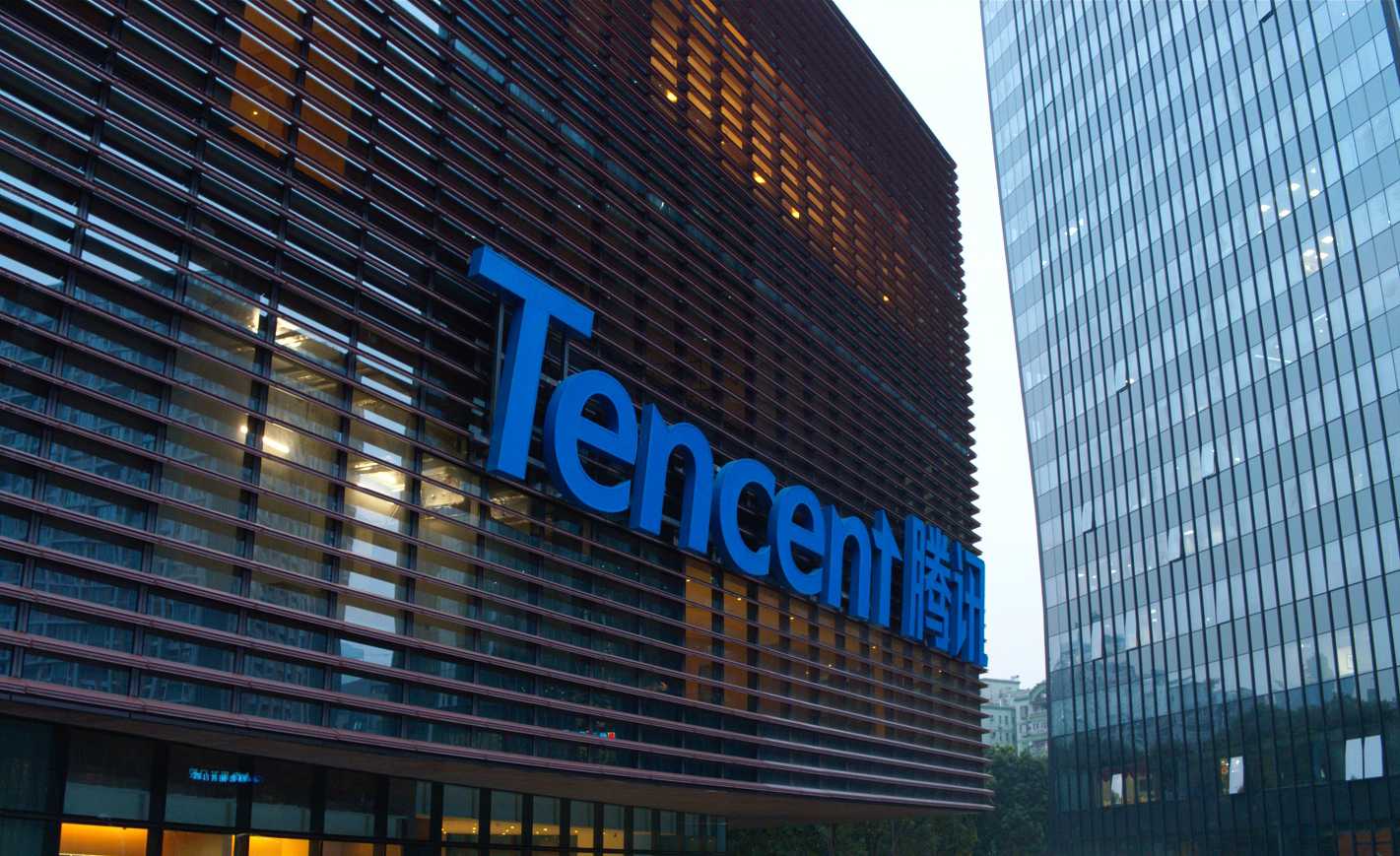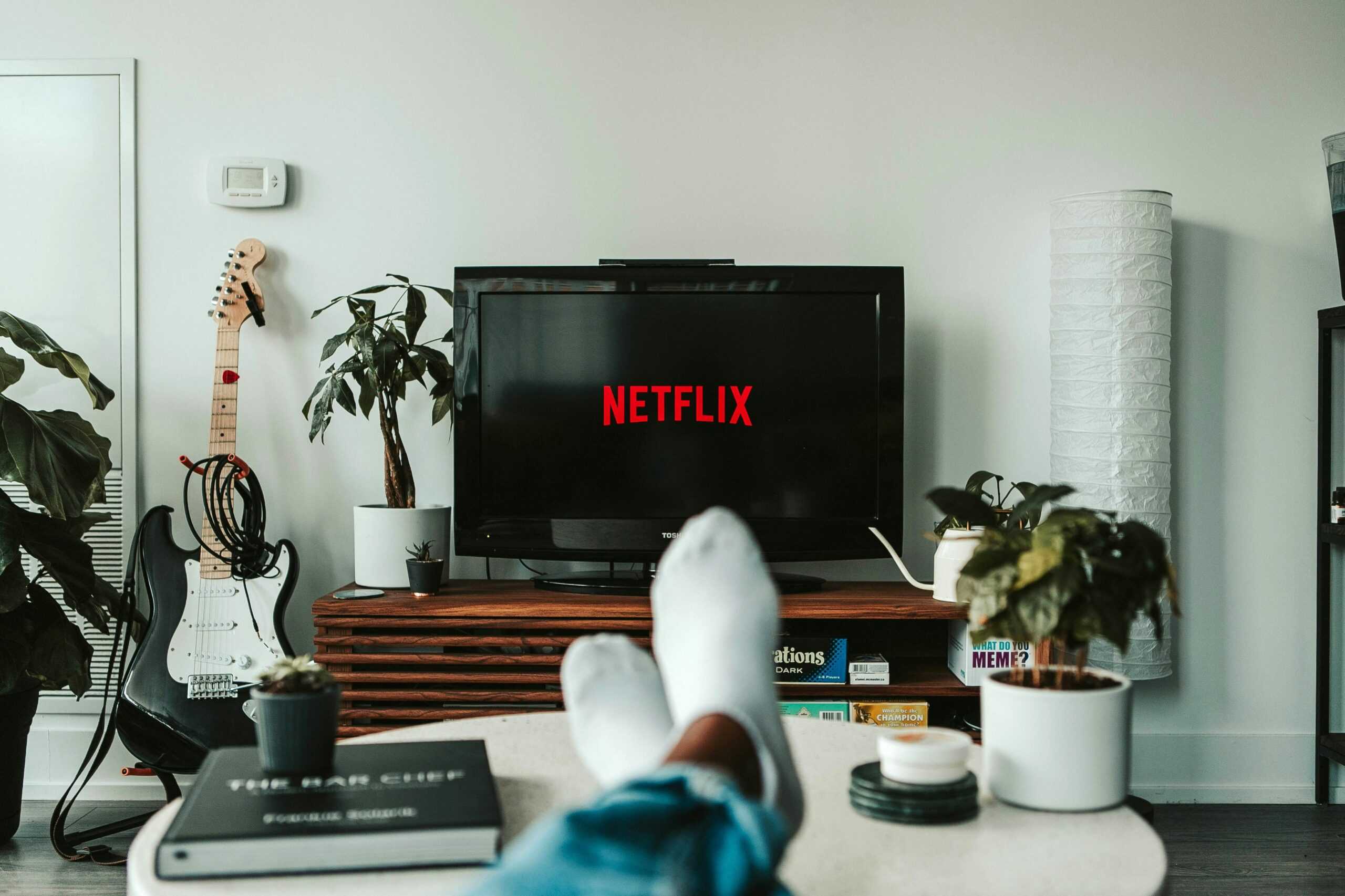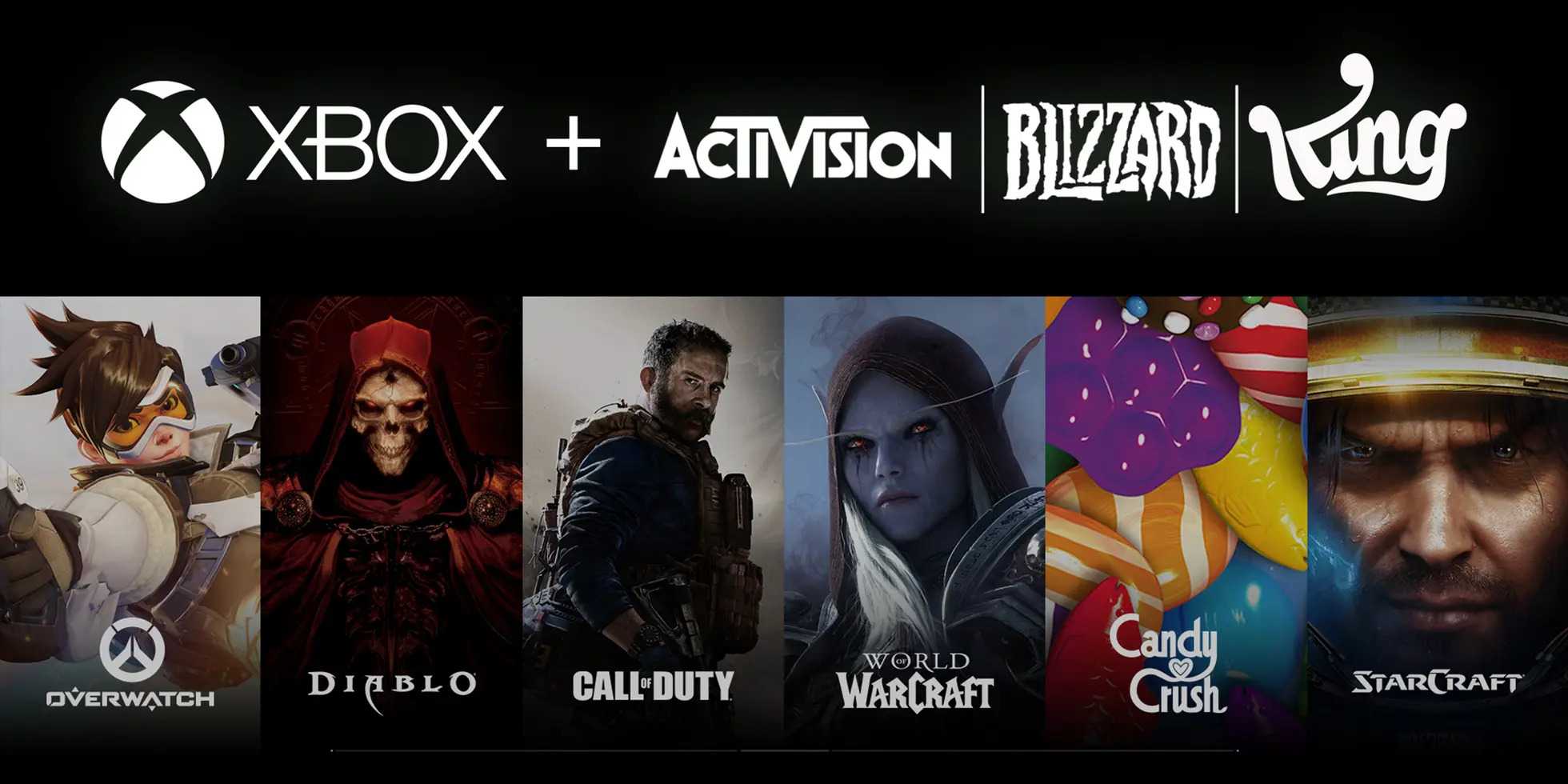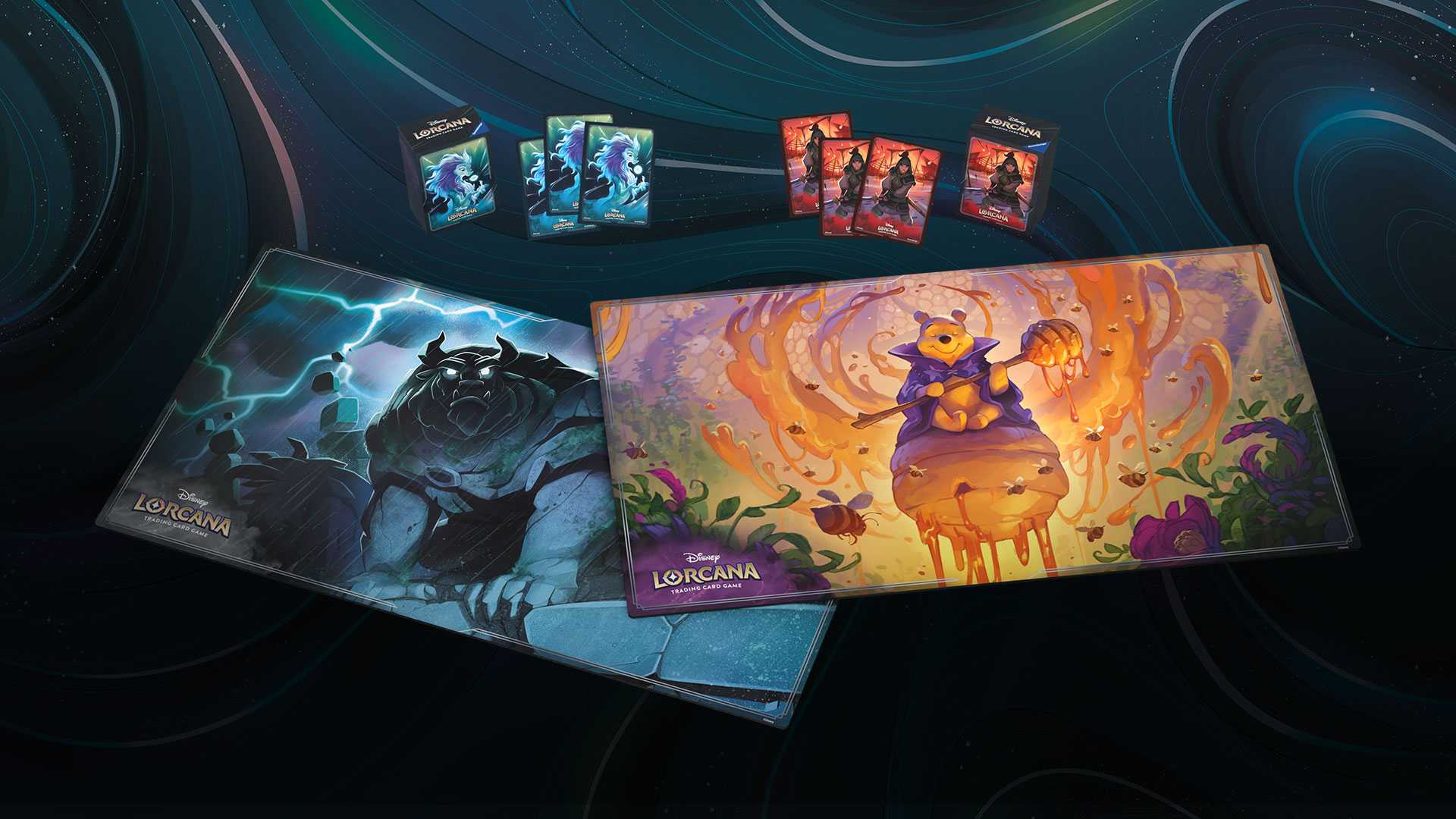Tencent, both a tech giant and the world’s biggest video game company, has been exerting its considerable influence on a global scale, either investing in or outright acquiring numerous gaming studios in the past few years. Recently, the Chinese gaming goliath became the majority shareholder of Tequila Works, the Spanish developer behind Rime, Gylt, The Sexy Brutale, and the upcoming Son of Nunu: A League of Legends Story.
This investment follows other deals including the acquisition of Turtle Rock Studios (Back 4 Blood), Klei Entertainment (Don’t Starve), and Sumo Digital (Crackdown 3). In 2022 alone, the company behind Riot Games has already made over 10 investments. While in 2021, Tencent made over 100 deals, more than three times its activity in 2020.
Tencent’s recent acquisition spree comes as the company is under close scrutiny by Chinese regulators amid the country’s internet crackdown. It is facing a “potential record fine” after financial regulators found its mobile payments network had violated anti-money laundering rules, among other things, the Wall Street Journal reported on March 14. The fine could be “at least hundreds of millions of yuan,” larger than the typical financial penalties for non-bank payment companies.
In 2021, Tencent subsidiary, Tencent Music Entertainment Group, was stripped of its exclusive rights to some music labels. Tencent also failed to engineer a merger between two video game streaming platforms that both count it as a shareholder. Finally, Tencent’s main business line, gaming, has seen a growth slow-down due to the gaming license freeze started from last July.
With challenges in its domestic market, it makes sense that Tencent would look to international growth to further expand its gaming empire. The acquisition spree will likely also help the company as it endeavors to build its own vision of the metaverse. Additionally, with Tencent controlling the lion’s share of gaming revenues in China thanks to Peacekeeper Elite, Honor of Kings, and League of Legends, investing in overseas gaming studios enables the company to profit off the success of more varied IP.
While adult Chinese gamers (not impacted by recent limits imposed on kids) spend more time playing each week on average than gamers in other countries (about 28 hours), according to Interpret’s New Media Measure: Global Profiles™, investing in Western game companies means more exposure to consumers in markets where engagement is also quite high, including Germany (26 hours), the US (25 hours), Australia (23 hours), Brazil (23 hours), and more.







